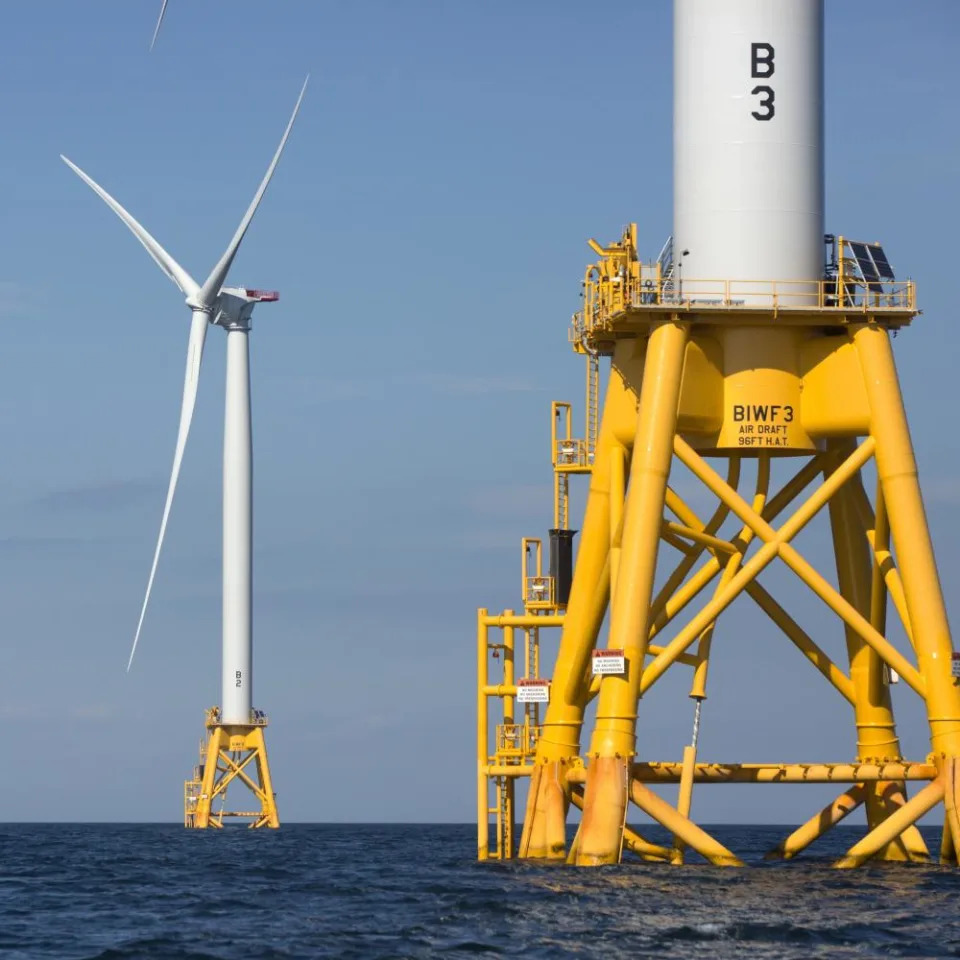Toby Helm Political Editor
Sat, 4 March 2023

Photograph: Justin Tallis/AFP/Getty Images
Cabinet ministers have been warned by senior civil servants that they face court action because of their catastrophic failure to develop policies for tackling climate change, according to secret documents obtained by the Observer.
The leaked briefings from senior mandarins – marked “official sensitive” and dated 20 February this year – make clear the government as a whole is way behind in spelling out how it will reach its net zero targets and comply with legal duties to save the planet.
Related: The UK’s battle cries on net zero have led to nothing – and now time is running out
The restricted, highly sensitive documents are another severe embarrassment for Rishi Sunak, who originally planned to stay away from last November’s Cop27 climate summit in Egypt, but was shamed into attending after his predecessor but one, Boris Johnson, announced he was going.
Sunak then declared that acting to cut carbon emissions was a moral duty “because if we do not act today, we will risk leaving an ever more desperate inheritance for our children”.
Now, with just weeks to go before a crucial court deadline for the UK government to submit its latest climate plans, the damning leaked documents make clear the government is falling far short of its legal policy obligations to match its rhetoric with action.
The documents say that as a result of evident lack of policy there is an increasing “legal risk” facing the secretary of state for energy security and net zero, Grant Shapps – who is held responsible under law for failing to act.
At one point, officials at the Department for Environment, Food and Rural Affairs (Defra) state that their own department’s failure to develop policies for cutting carbon emissions “increases the legal risk on the DESNZ (Department for Energy Security and Net Zero) SoS (Shapps) if the reduced savings cannot be made across the economy, which DESNZ have indicated will not be possible.”
The papers, circulated by Defra officials to other senior Whitehall figures, will place particular pressure on environment secretary Thérèse Coffey, who was booed recently at a conference by farmers, who are already highly critical of the government’s agenda for agriculture post-Brexit.
The documents show Coffey’s department is by far the worst offender in failing to develop green policy, lagging a staggering 24% behind its official target, while the transport department has a gap “that is considerably over 5%”.
The documents show Coffey’s officials pleading with her to adopt an improved climate plan for the agricultural sector within weeks, not only to meet a legal deadline but also in response to stinging rebukes from the government advisers on the climate change committee (CCC).
They say: “The CCC has been calling for Defra to publish a decarbonisation plan since 2018 … The CCC has also criticised the ‘glacial progress’ in reducing emissions from agriculture.”
In our last report we said that it is abundantly clear Defra is off track to deliver key climate policies
Lord Deben, CCC chairman
The papers add: “It is likely that if we do not commit to a plan in response to the CCC’s recommendations, we will be singled out for further scrutiny by the CCC and other stakeholders.”
Green groups say Coffey is nervous of triggering a bigger anti-Tory rural revolt if she announces policies that will force farmers to adopt more green ways of farming, such as enforcing limits on the size of livestock herds, large-scale tree planting and reducing use of fossil-fuel-based fertilisers on farms.
Coffey’s difficulties highlight a central problem with the green agenda for a Tory government, which draws much of its support from rural voters and communities, including farmers.
The high court ruled last year that by the end of March 2023 ministers must publish their workings on how individual departments plan to get on track to deliver net zero climate targets and be compliant with the Climate Change Act 2008.
As the legal deadline approaches, every Whitehall department is currently in the final stages of reviewing policies and counting up carbon savings before an expected new “Net Zero Growth Plan” set to be unveiled by the prime minister within the next month.
The announcement by the Biden administration of its Inflation Reduction Act – with incentives for US manufacturers of clean technologies – has added to a sense of urgency in the UK that it could miss out on a green “industrial revolution”.
Lord Deben, chairman of the CCC, told the Observer on Saturday night: “The CCC does not comment on leaked documents, but in our last report we said that it is abundantly clear that Defra is off track to deliver key climate policies. It is our statutory duty to highlight these failings to parliament, to help them in their scrutiny over government plans.
“Defra is unique across key Whitehall departments in not having a net zero strategy, which must cover critical aspects of farming, land use, nature and our critical food system. That is a huge gap as we head into a critical period for the achievement of the UK’s statutory climate goals.”
The Observer understands that No 10, the Treasury and DESNZ are angry that Defra is dragging down the whole government’s climate progress.
A Defra spokesperson said: “We cannot comment on potential leaks.”
Ed Miliband, the shadow secretary of state for net zero, tore into the Conservatives’ record on climate policy: “Years of failure in a number of departments; the ludicrous ban on onshore wind remains in place; billions channelled to fossil fuel companies in tax breaks, instead of investing in homegrown renewables; slashed investment in energy efficiency; and a refusal to follow the example of President Biden to invest in the green industries of the future here in Britain. It’s 13 years of failure which explain why this government isn’t a leader on net zero but is a lawbreaker.”















